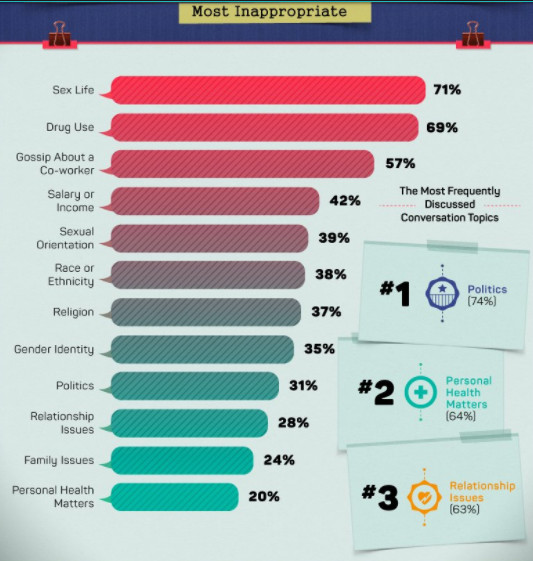
- Agile’s dark secret? IT has little need for the usual methodologies
With the exception of the company’s website and mobile apps, one of IT’s core principles is “buy when you can, build when you have to.” IT licenses something like 90 percent of all new functionality in the form of commercial off-the-shelf software (COTS) and software as a service (SaaS), leaving 10 percent for software developed in-house.
Scrum, Kanban, Lean Software Development and most other agile methodologies are designed for the 10 percent, not the 90 percent. On top of which, in a typical shop, about 70 percent of developer hours goes to maintaining and enhancing applications already in production, leaving 30 percent for implementing new ones.
Do the math. Agile is mostly useful for 10 percent of the 30 percent — in other words, it handles a whopping 3 percent of what IT’s application teams are called on to do.
- What To Do When A Coworker Has It In For You
What you should do really depends on whether you’re dealing with someone who dislikes or is threatened by you versus someone who is actively trying to undermine you or derail your career, Raina says. If the former, it may be a good idea to handle the situation on your own. If the latter—or if you’ve tried to confront the individual and it didn’t work or made the behavior worse—then you may need to engage your supervisor. However, if you can show that you tried to fix the issue on your own, that may show your boss that you made the effort to solve the problem first.
https://www.fastcompany.com/40554709/what-to-do-when-a-co-worker-has-it-in-for-you
- Fake News in Mexico
- 5 Ways To Reset An Unproductive Afternoon
Multitasking gets a terrible rep, but sometimes it can be a great tool when monotasking is just not getting you anywhere. As Saunders previously wrote for Fast Company, “Some situations just aren’t meant for long stretches of unbroken focus.” The trick is to experiment what form of task switching helps you best. For Saunders, task switching motivates her to work through small and boring tasks. She gives herself permission to toggle between writing business emails and looking at her calendar tasks, or she’d alternate these administrative tasks with more “exciting” work (such as book marketing). Saunders wrote, “The promise of soon being able to do something fun helps me quit procrastinating on what’s not fun.”
https://www.fastcompany.com/40550317/5-ways-to-reset-an-unproductive-afternoon
- What Can You Really Accomplish in Just an Hour?
But you’ll only make your hours matter to the extent that you displace your time wasters with planned, high-value activities you know you can accomplish in a day. That way, when you’re unconsciously reaching to check Instagram or texts, you can shift your attention back to your daily planner, open it up and then do something valuable for an hour. Do something that boosts your confidence — something that counts.
Limit time-wasters by scheduling your email, text and social check-ins as independent goals on your daily planner. Most of my clients do fine with three to five scheduled visits per day. Also, consider going on a social media cleanse
Photo by Lê Tân on Unsplash






